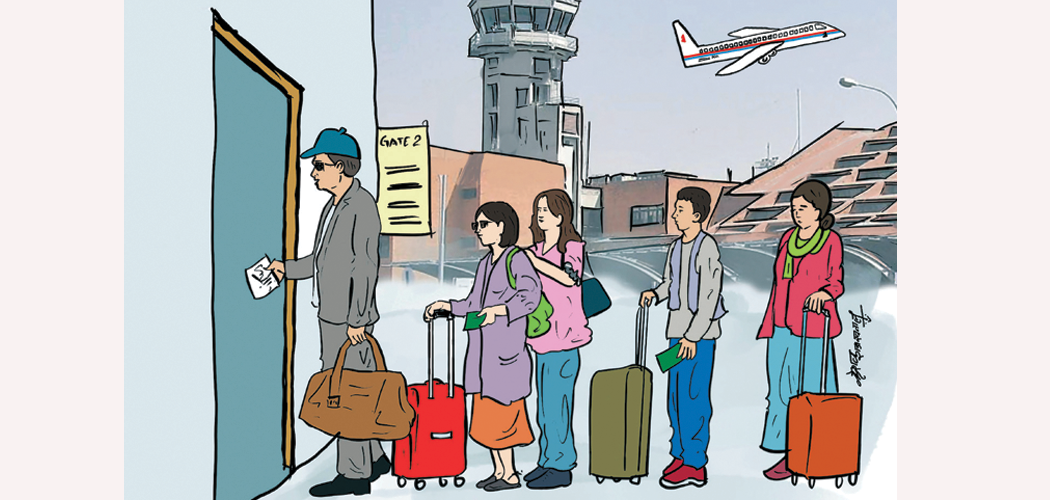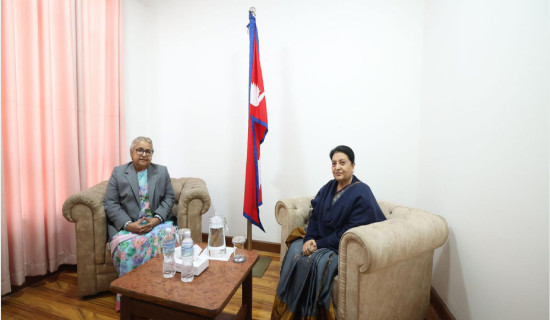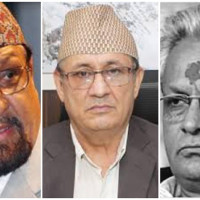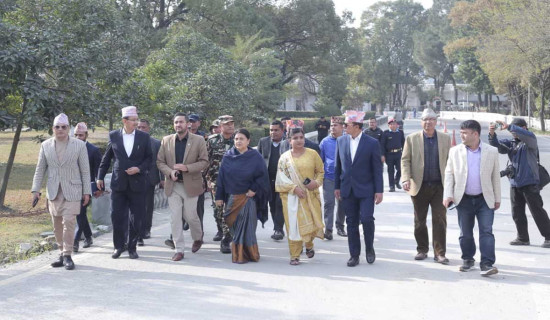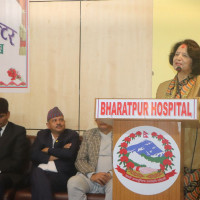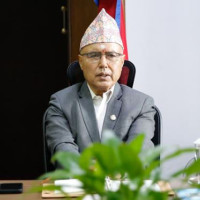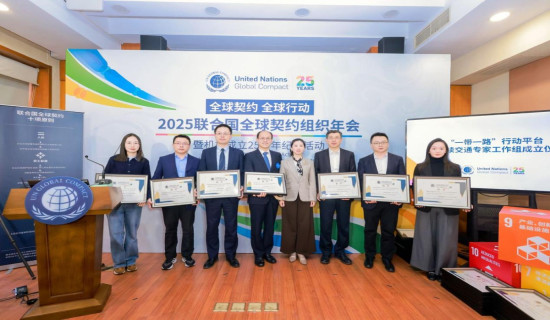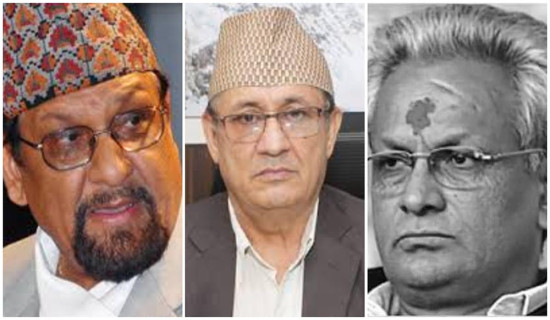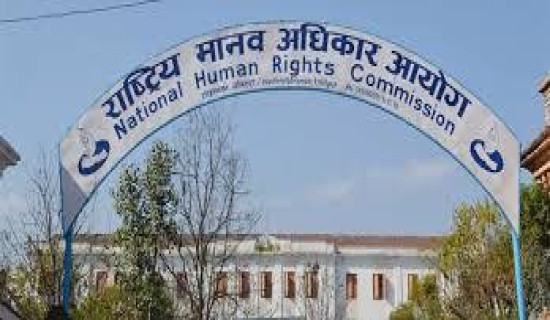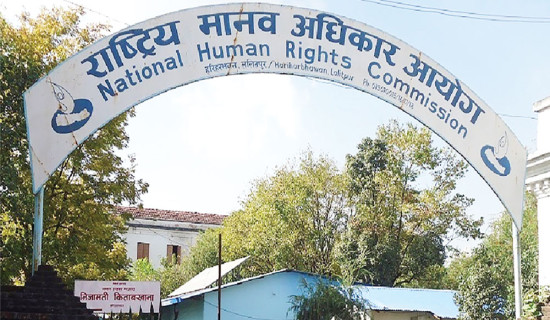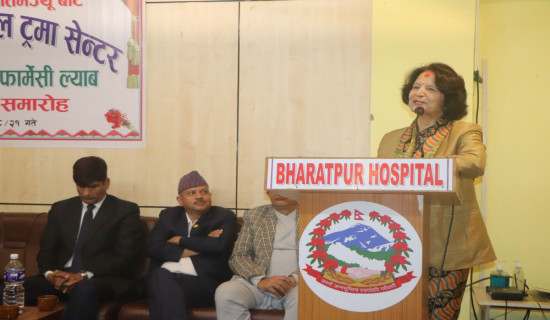- Sunday, 7 December 2025
Not all visit visa cases are linked to human trafficking: DG Tiwari
By A Staff Reporter
Kathmandu, Aug. 4: Director General of the Department of Immigration Ram Chandra Tiwari has clarified that irregularities involving visit visas should not be classified as organised human trafficking.
Speaking at a press conference organised by the department on Sunday, Tiwari said that although issues surrounding visit visas stem from mismanagement and poor governance, they do not fit the legal or structural definition of organised crime such as human trafficking.
"We have been labeling visit visa issues as human trafficking. But there is a fundamental difference between the two. Visit visa irregularities are administrative failures, not criminal trafficking," DG Tiwari said. "Even the law defines these matters distinctly."
He also criticised the prevailing social and institutional double standards in how Nepali citizens travelling abroad on visit visas are perceived. According to Tiwari, there’s a tendency to glorify those who achieve success abroad, while shaming those who face hardship, which ultimately hampers the development of balanced and effective policies.
“If someone goes on a visit visa and later becomes a prominent NRN figure, we proudly claim them as national assets. But when someone returns to Nepal in distress, we stigmatise them,” he said.
“We must treat both equally, regardless of their success or failure.”
Tiwari said that the state's responsibility toward its citizens abroad should remain consistent and supporting those in distress should be a part of a broader social justice mandate.
He also called for systemic reforms in the immigration process, stating that problems cannot be resolved by merely replacing individuals in key posts. “Replacing Ram with Shyam won’t fix the immigration system. Good governance stems from strong system, not individuals,” he said.
Tiwari pledged to build a system grounded in objective standards that limits discretionary power, reduces opportunities for collusion and corruption, and ensures no involvement in trafficking or large-scale corruption during his tenure.
Pointing out that the visit visa issue has remained unresolved for the past two decades, he stressed the need to eliminate policy ambiguity. “Sometimes, we allow people to leave, other times we stop them. Either way, we face criticism. It’s time we find a permanent solution to this situation,” he said.
Tiwari proposed a data-driven approach to policy formulation, analysing the growing number of Nepalis departing on visit visas, key destinations, and their post-departure experiences.
He also criticised the long-standing institutional focus only on departure of Nepalis citizens. “For two decades, our concern has been whether Nepalis leaving on visit visas are qualified or if they will overstay. But we’ve paid little attention to foreigners entering Nepal, why they come and what they do once here.”
He argued that regulating the arrival of foreigners is now equally crucial to national security and should be prioritised.
“We’ve become overly concerned with scrutinising our own citizens’ status, but we have not focused enough on who foreign nationals are meeting inside homes or what plans they are making,” he remarked.
To address this, the department is introducing technologies such as Advance Passenger Information (API), biometric verification, smart borders, and risk profiling to modernise immigration and monitor foreign nationals more effectively.
Tiwari concluded by urging media, policymakers, and civil society to collaborate in immigration reforms. “Rather than reactionary criticism, we need research-based policy suggestions. We aim to create an immigration system that is not just a gatekeeper of borders, but a guardian of national security and a protector of every citizen.”

